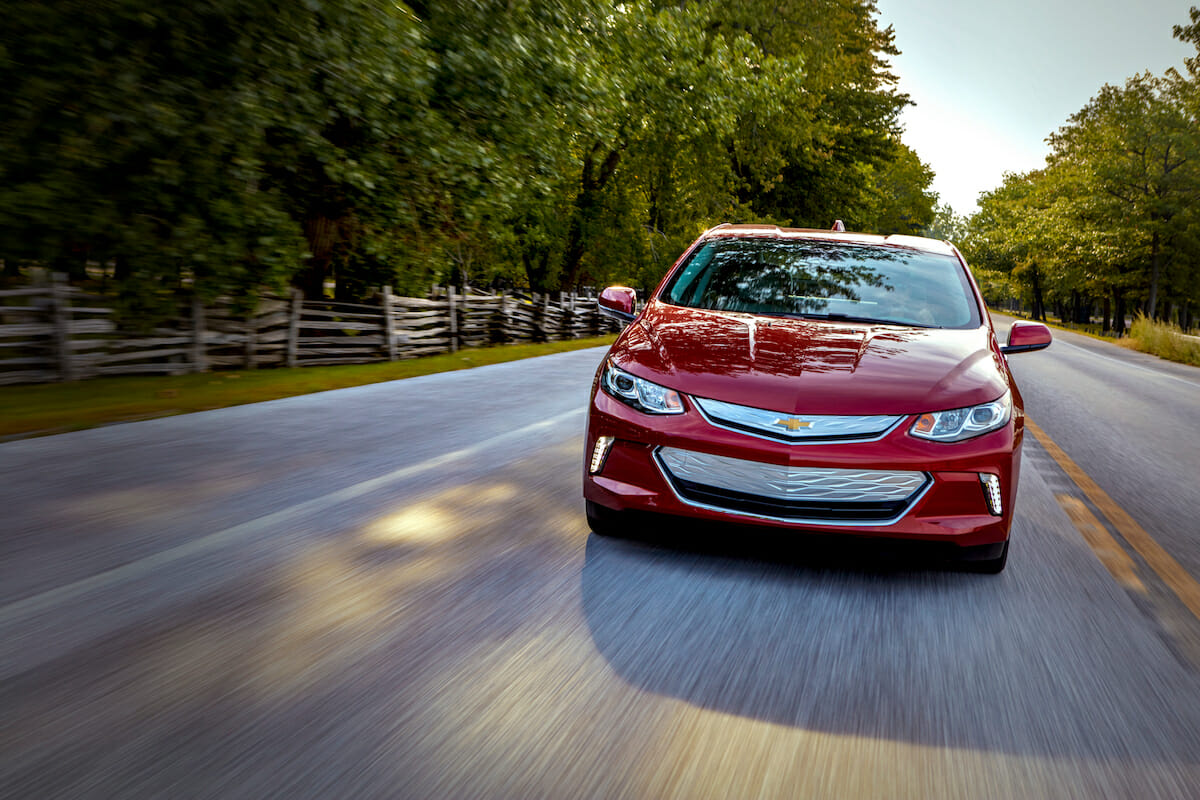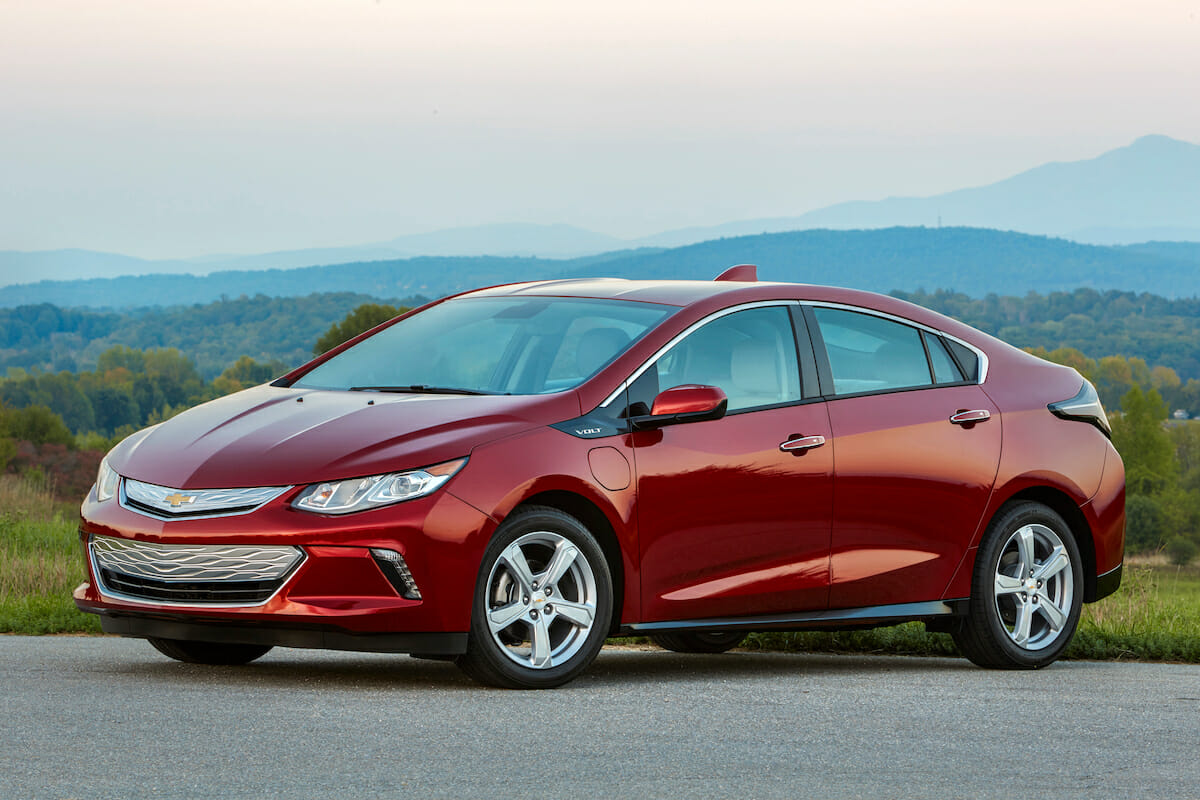Since your vehicle’s battery powers everything from your engine to your dash lighting, it’s not surprising that it dies within three to four years. Fortunately, you can replace your 2019 Chevy Volt’s battery easily with OEM or aftermarket batteries.

What’s the best Chevy Volt battery?
The 2019 Chevy Volt takes an 18.4 kWh 300 V lithium-ion battery. The recommended fit is the AGM H5 630 or, as a secondary option, the Flooded H5 630. The 680 CCA also fits and is available commercially.
Battery Group Sizes Explained
Battery group sizes are the easy way to know which kind of battery your vehicle needs. On the Battery Council International’s chart, you will see a selection of dozens of batteries that vehicles of all types use.
Batteries are broken down into group sizes that use letters and numbers. The 2020 Chevy Volt uses an 18.4 kWh 300 V lithium-ion battery. The recommended fit is the AGM H5 630 or Flooded H5 630. The 680 CCA also fits.
The manufacturer produces battery packs, and replacements are easy by visiting stores like Advanced Auto Parts.
Lead Acid, Lithium-Ion or SLI?
SLI means “starting, lighting and ignition.” SLI batteries are specifically designed to power lights, engines and other accessories that a vehicle has. The battery group size used will depend on how much power a vehicle needs.

Most vehicles use SLI batteries. In addition to that, the most common car batteries are lead-acid batteries, which fall under the SLI category. Lead-acid batteries have a chemical reaction inside that creates the energy needed to power parts of your vehicle.
Lithium-ion batteries are expected to have longer lives once installed and tend to weigh less than lead-acid batteries. Environmentally, they are considered “greener” than lead-acid batteries as well. It’s believed that these SLI batteries will replace lead-acid batteries in the future.
OEM vs. Aftermarket: What’s the Difference?
OEM stands for original equipment manufacturer and is the terminology used when a battery is produced by the original manufacturer or is created identically to the vehicle’s original part. These batteries are made to the specific specifications required by your vehicle.
Aftermarket batteries can be produced by any company or seller. They should, however, meet or exceed the OEM part’s specifications. It’s worth noting that the part will not be identical to the original.
Aftermarket batteries take a few years to come out, but when they do, they are up to 60% less than OEM batteries.
If You Do Go Aftermarket, Here’s What We Suggest
If you decide that you’re going to buy a battery from an aftermarket seller, it’s a good idea to make sure that you read plenty of reviews about the company and the product.
Aftermarket products are meant to be as good as or better than the OEM part, but the reality is that there are poor models out there. Check the product’s expected performance as well as the life span that you should expect.
Taking some time to research the model will help guarantee that you don’t buy a dud or end up with a cheaper battery that dies long before an OEM part would have.
Photos: Chevrolet